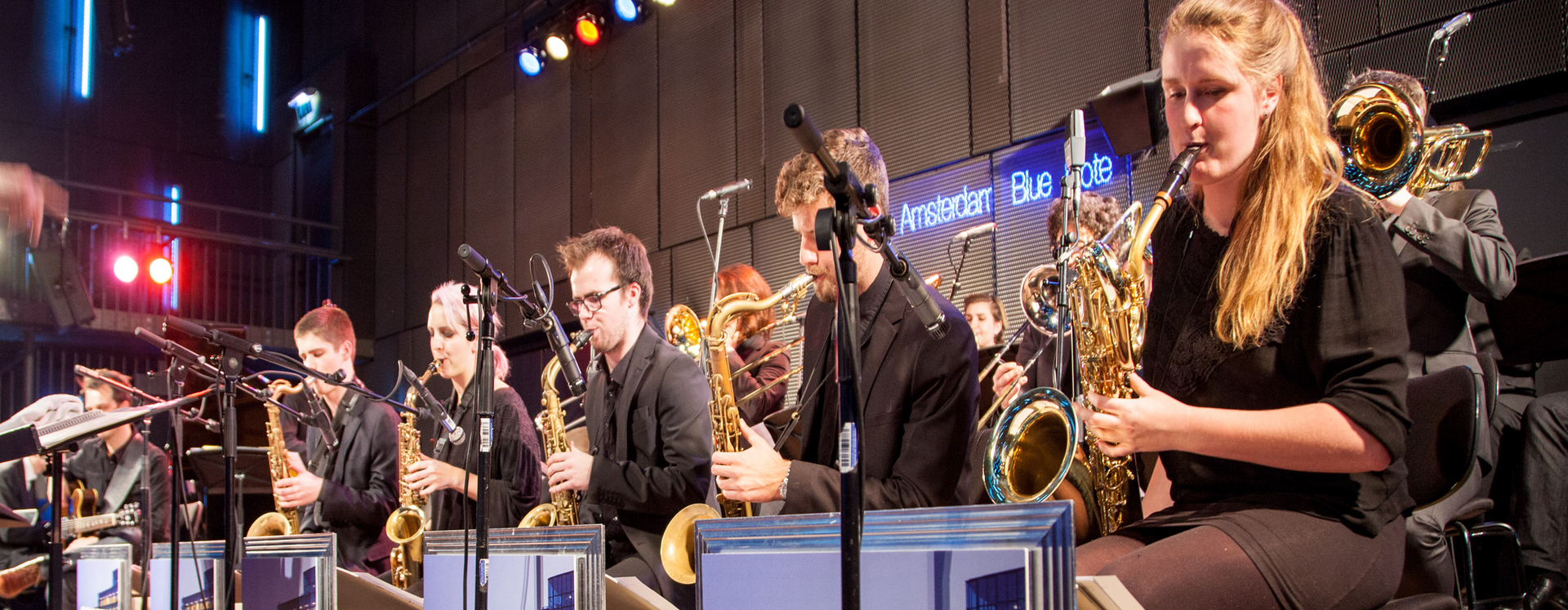Music and Social Change
Learning Objective
- To gain an understanding of the impact of music beyond the sounds and musical structures.
- To engage with and critique the meanings and uses of music within social and political debates.
- To read and discuss significant texts.
- To research, analyse, evaluate, and present findings on musical performance
- To discuss material from your own artistic project (i.e. performance, composition, lyrics, position statement, album proposal) in class
Course Content
This course focuses on the transformational powers of the arts and the ways in which music has played a role in social and political movements. Within the current climate, artists more than ever have to think about their own role within these debates. This course invites students to think about their own music and its potential to change musical and social life, by exploring examples of activism through musical performance. There is, for example, a long and intimate link between jazz and human rights activism; from the nineteenth century African-American work songs, via Art Blakey, Max Roach, Charles Mingus and Nina Simone, to Terry Lyne Carrington, and Esperanza Spalding. In particular, this course covers four domains where music intersects the political:
- music as an agent of change
- music as an implicit or explicit commentary on power
- music and the politics of spirituality, and
- music as a mirror of historical, political and cultural change.
The course is a seminar, which means that the course contents will be explored in a joint effort by all course participants. We will listen to relevant music, watch clips, read and discuss texts, and create our own pieces.
Course Details
| teacher | Loes Rusch |
| term | September-December 2023 |
| method of instruction | 3-hour group sessions, in which we will discuss literature and listen to music. |
| assessment | 1. Preparation of reading, participation in discussions and 80% class attendance are mandatory. |
| 2. Class presentations of the assigned readings and moderation of class discussion. | |
| 3. Artistic project. This can be, for example, a paper (2.000 words), a recording (app. 10 minutes) with a 600-word explanation or a composition, addressing one of the themes discussed in the course. | |
| In order to pass the course, each of the components must be completed successfully. | |
| credits | 5 |
